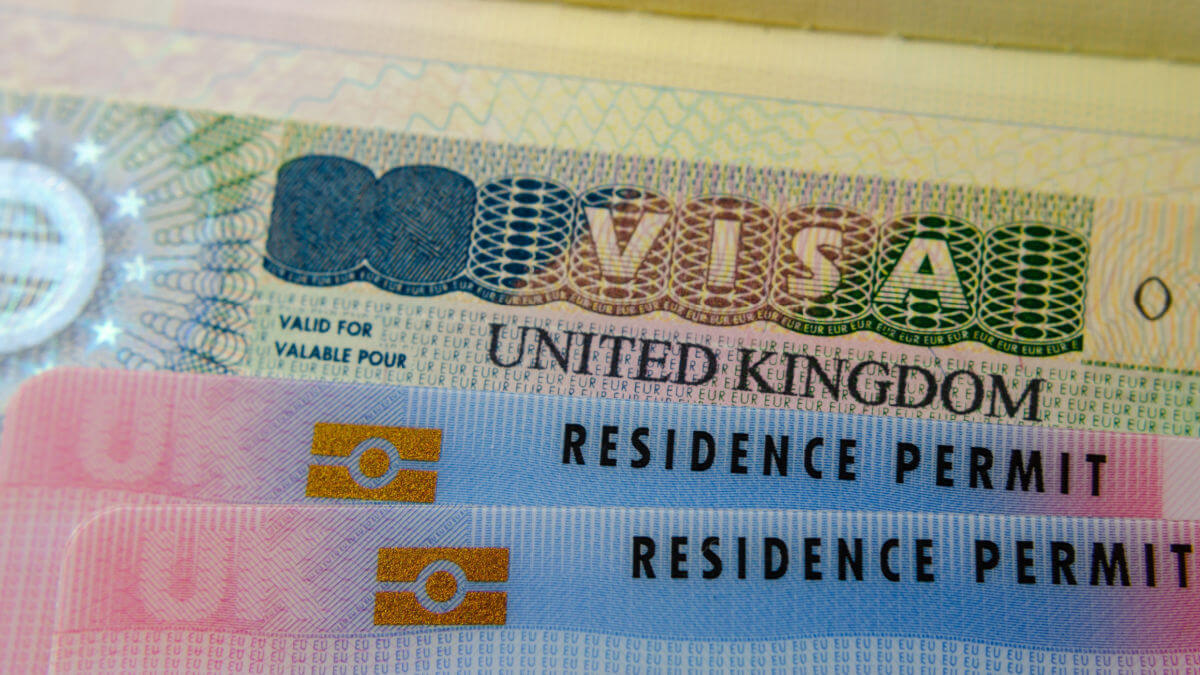Moving to Europe has always been a dream for many UK citizens and Americans who wish to embrace a fresh lifestyle, better opportunities, and a chance to immerse themselves in diverse cultures. From the romantic boulevards of Paris to the sun-soaked coastlines of Spain, Europe offers endless possibilities for expats. For those beginning this journey, https://relocateeurope.com/ provides expert guidance to make the process smoother and less overwhelming.
Relocating isn’t just about booking a one-way ticket and hoping for the best. It involves navigating complex visa rules, understanding the financial demands, and considering the emotional and cultural adjustments that come with starting a new life abroad. This guide covers everything you need to know about moving to Europe, from visas and jobs to shipping and long-term residency.
Why Consider Moving to Europe
The benefits of moving to Europe are wide-ranging, making it one of the most attractive relocation destinations worldwide. Healthcare systems in many European countries rank among the best globally, while education and childcare are often more affordable than in the UK or USA. Additionally, shorter working weeks and generous holiday allowances provide a healthier work-life balance, something increasingly valued in today’s fast-paced world.
Cultural experiences are another draw. Living in Europe means being within a few hours’ travel of multiple countries, each with its own unique traditions, cuisine, and lifestyle. Whether you prefer the vibrant cities of Germany and the Netherlands, or the relaxed pace of Mediterranean living in Portugal or Italy, Europe offers something for everyone. For many, the question is not whether moving to Europe is a good idea, but which country best suits their goals.
Moving to Europe After Brexit – What UK Citizens Need to Know
For UK citizens, Brexit has changed the process of moving abroad significantly. No longer able to freely live and work across the EU, UK nationals now require visas or residency permits, depending on their chosen destination. Each country has its own rules and requirements, meaning careful research is essential before applying. Documents such as proof of income, healthcare cover, and accommodation are often required.
Despite these new barriers, Brits moving to Europe after Brexit remain in high numbers. Spain, France, and Portugal are still favourite choices due to their climate, communities of British expats, and relatively straightforward visa processes. With persistence and proper planning, the dream of moving to Europe from the UK is still achievable, though it now requires a more structured approach.
Visa and Residency Requirements

Understanding visa and residency requirements is central to a successful relocation. For UK citizens, options range from work visas to retirement visas and digital nomad schemes. Many countries have introduced special long-stay permits to attract professionals, entrepreneurs, and financially independent individuals. Meanwhile, Americans moving to Europe can also access a wide variety of visas, though they must often prove financial stability or secure a job before arrival.
Visa requirements are often compared to the discipline required of a royal guard. Just as royal guard requirements demand strict adherence to rules, visa applications must meet exacting standards. Questions like how to become a queen’s guard or how do you become a royal guard echo the same theme: eligibility is not optional, it’s essential. When moving abroad, applicants must be prepared to provide documentation, pass background checks, and prove their readiness for integration.
Job Opportunities in Europe
Europe’s job market is diverse, with opportunities spread across multiple sectors. For those moving to Europe from the UK, teaching English remains one of the most accessible career paths, while skilled professionals in technology, engineering, and healthcare continue to be in high demand. Employers often look for international talent, particularly in global cities such as Berlin, Amsterdam, and Dublin.
For Americans moving to Europe, relocation offers similar prospects, though navigating recognition of qualifications may be necessary. Increasingly, countries are also embracing remote workers through digital nomad visas, allowing expats to base themselves in Europe while working for companies elsewhere. This flexibility has opened doors for freelancers and entrepreneurs, making Europe a hub for innovation and global collaboration.
Cost of Living and Financial Planning
The cost of living across Europe varies greatly. Northern and Western Europe, such as Switzerland, Denmark, and France, are known for higher expenses, particularly in housing and transport. However, countries in Southern and Eastern Europe, such as Portugal, Spain, and Poland, often provide a more affordable lifestyle while still offering excellent amenities and services.
Financial planning is crucial before moving abroad. You will need to consider not only rent and utilities, but also healthcare contributions, taxes, and everyday expenses. Global economic conditions also impact relocation decisions, with issues like US commercial real estate contagion is now moving to Europe influencing job markets and investment opportunities. Understanding the financial climate ensures your move is sustainable in the long term.
Shipping and Moving Logistics
Moving your belongings is another major consideration. For those moving to Europe from USA shipping can involve significant costs, with options ranging from air freight to full container loads by sea. Planning ahead and comparing providers is essential to ensure value for money and timely delivery. Many expats choose to bring only personal essentials and buy new furniture and appliances once settled.
Shipping from the UK is generally easier and cheaper due to proximity. Relocation companies offer door-to-door services, including customs clearance and insurance. Pet owners must also prepare carefully, as moving to Europe with a dog requires vaccinations, health certificates, and sometimes pet passports. Ensuring compliance with each country’s animal regulations avoids unnecessary delays and stress.
Lifestyle and Integration
Adapting to life in a new country is as important as the practical steps of relocation. Cultural integration involves learning the local language, respecting traditions, and building relationships with your new community. Many European countries also offer integration programmes, which support expats through language lessons and cultural workshops.
Lifestyle benefits are a strong reason for moving to Europe. Families appreciate the emphasis on education and outdoor living, while retirees enjoy affordable healthcare and leisure. Even high-profile cases, such as Caitlin Clark moving to Europe for new opportunities, highlight how appealing the continent remains for individuals from all backgrounds.
Long-Term Options and Permanent Residency
Many expats see permanent residency as the ultimate goal. After legally residing in a European country for several years, individuals often qualify for long-term residence, which provides stability without the need for constant renewals. This status can eventually lead to full citizenship, granting greater rights and opportunities.
For UK and US citizens, permanent residency requirements vary, but most countries require proof of income, integration, and consistent residence. Family reunification and marriage can also provide pathways to longer-term settlement. The key is patience and persistence, as building a new life abroad takes time.
Conclusion
Relocating abroad is never without challenges, but moving to Europe can be a life-changing decision that offers new opportunities, experiences, and a higher quality of life. By carefully planning visas, finances, jobs, and logistics, UK and US citizens can successfully start fresh on the continent.
Websites such as https://relocateeurope.com/ are invaluable for guidance and professional services that simplify the process. Whether you are planning to leave the UK after Brexit or move from the USA to explore new opportunities, relocateeurope.com provides expert support for a smooth transition.
You may also read: Benefits of EMDR Therapy Edinburgh


